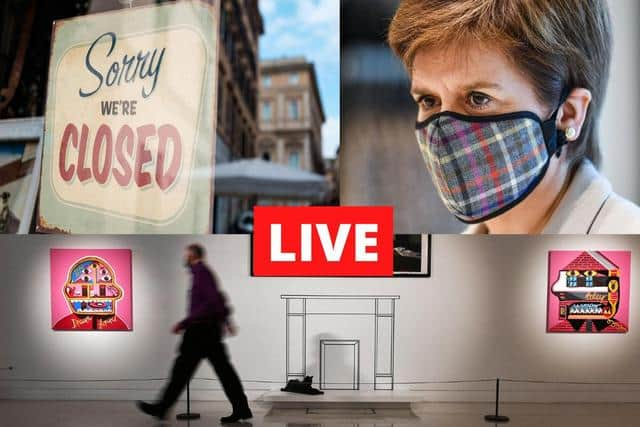Coronavirus in Scotland RECAP: Only one in a thousand asymptomatic school Covid tests are positive, says John Swinney
Live updates on Covid-19 in Scotland, the UK, and around the world.


Follow along here to stay up-to-date with the latest developments on Wednesday, March 24.